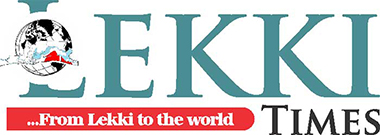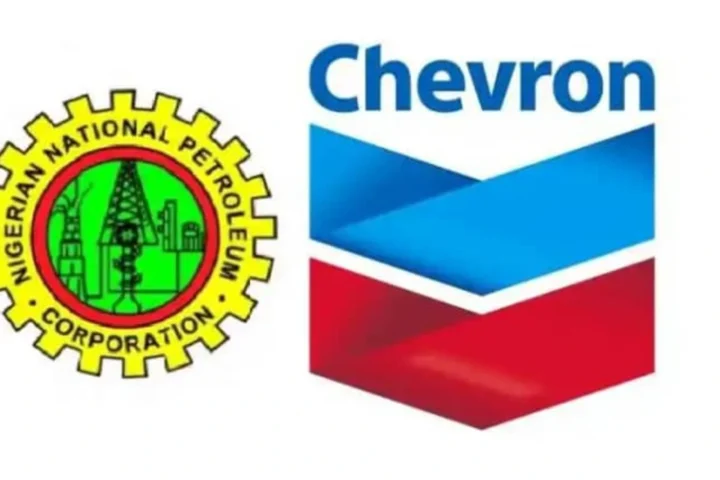We The People, a human and ecological rights organization based in Rivers State, has said that international oil companies including Shell, Chevron, ExxonMobil are leaving Niger Delta to escape justice.
The organization recalled that oil companies have over the past six decades, operated recklessly with devastating ecological and social footprints.
Speaking with newsmen in Uyo during the presentation of a new report titled, “Dirty Exit”, the Executive Director, We The People, Ken Henshaw, noted that several investigations have indicted international oil companies in cases of environmental pollution, which he said have eroded livelihoods, poisoned communities, and created conditions for human rights abuses that have resulted in displacements, incarceration and deaths.
He revealed that in 2013, the Dutch lower court ruled that the parent company of Shell could not be legally held responsible for abuses committed by its Nigerian subsidiary.
He explained that when the pronouncement was appealed, the decision was overturned, affirming that it was within the jurisdiction of the court to handle cases involving the Nigerian subsidiary of Shell.
“Henshaw noted that since the landmark ruling on the responsibility of the Shell parent company to answer for the crimes committed by its Nigeria wing, there has been a new wave of litigations in Nigeria and in the home countries of oil companies demanding justice for abuses”
The Executive Director averred that it is anxiety over the mounting demands for justice that is driving international oil companies to divest, with the belief that selling off their assets will technically pass the buck of responsibility for fixing their mess to Nigerian firms whom he said, are ignorantly buying the assets.
Read more: Put a Stop to the planned demolition of aviation agencies offices in Lagos, NASS
“In May 2021, Shell announced that it plans to sell off all its onshore oil assets and go into ‘deep waters, as part of moves it describes as ‘divestment. In April of the following years, Total also announced that it was selling off its onshore and shallow water assets. Earlier in 2019, ExxonMobil had made public that it will be putting up for sale its oil and gas field and has since concluded plans to divest to a Nigerian company called Seplat Energy for $1.2 billion. In the same year, news emerged that Chevron was equally selling off several of its oilfields located in the Niger Delta region of Nigeria.
“These major oil companies blame their decision to leave the Niger Delta- an area they have operated in for over 6 decades on growing acts of resistance by communities.
“According to Total’s CEO, their plans to leave is because “disruption of local communities are sources of great concerns”. For Shell, their CEO claims, they are divesting because investing in the Niger Delta now represents “an exposure that doesn’t fit with our risk appetite anymore.” They also claim that Niger Delta communities are making too much demand on them for handouts.
“Clearly, the consensus among international oil companies operating in Nigeria’s Niger Delta is to sell off their onshore assets (oil assets on land, shallow waters and in close proximity to communities) and leave the region. While they publicly claim that their divestment moves are driven by security concerns, the reality is that these companies have never been bothered by security and community resistance.
“Their operations have always been guaranteed by the might of the Nigerian armed forces who characteristically repress communities to protect the interest of these fossil companies.
“If there was ever any doubt about the devastation of oil pollution on indigenous communities, it was put to rest in 2011 when the United Nations Environment Programme, UNEP concluded an assessment of some oil impacted areas in Ogoniland.
“The UNEP assessment report showed how pollution had contaminated drinking water sources, and exposed communities to severe health risks.
“Drinking water was found to contain high levels of a cancer causing chemical called benzene 900 times above permitted levels.
“Following the ‘polluter pays” principle, Shell and the Nigerian oil Companies were asked to pay for cleaning up the area, an exercise expected to cost $3billion and last between 25 and 30 years.
“It is the fear of being legally demanded to pay for cleaning up 6 decades of ecological damage that is driving oil companies to hurriedly divest. The timeline of events leading to Shell’s announcement of its divestment plans in May 2021 tells a compelling story.
“In November 2020, a Nigerian court ruled that the company was liable for destruction caused by oil spilled from its facility in Rivers State which destroyed farmlands.
“Shell was asked to pay a compensation of 800 billion naira to the plaintiffs and immediately commence the remediation of the polluted sites. Two months after in January 2021, a Dutch appeal court ruled that Shell was responsible for several oil spills from its pipelines in the Niger Delta. It was ordered to pay damages for the attendant contamination and loses.
“The ruling was the outcome of a suit instituted by 4 farmers in the Niger Delta and the Friends of the Earth in 2008.
“For oil companies accustomed to operating with impunity and zero accountability, these rulings have been a major turning point. Distraught by the legal demand for accountability, Shell announced it was divesting four months later. Divesting to Escape Justice.”
The organization called on the federal government to immediately place a moratorium on all oil company divestments in the Niger Delta, pending the ascertaining of issues of community concern.
We The People appealed to the federal government to immediately produce a framework and guide for how oil companies disengage from areas where they have operated, adding that such guide should be developed by a multi stakeholder group including communities and civil society organizations.










